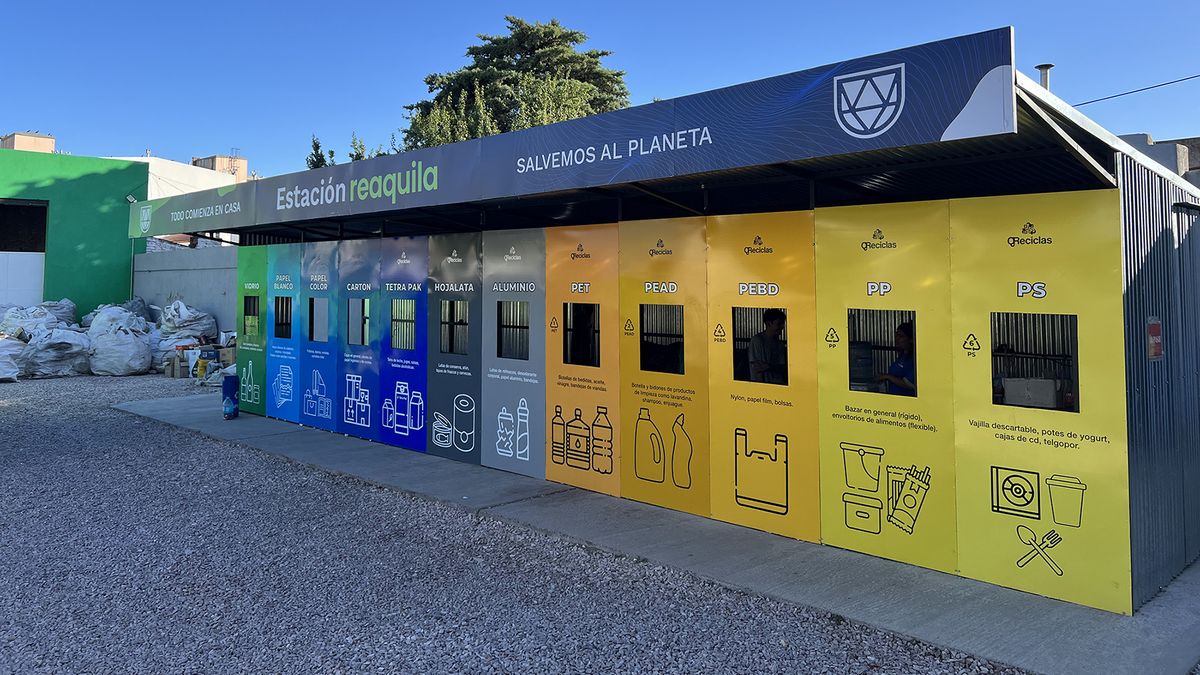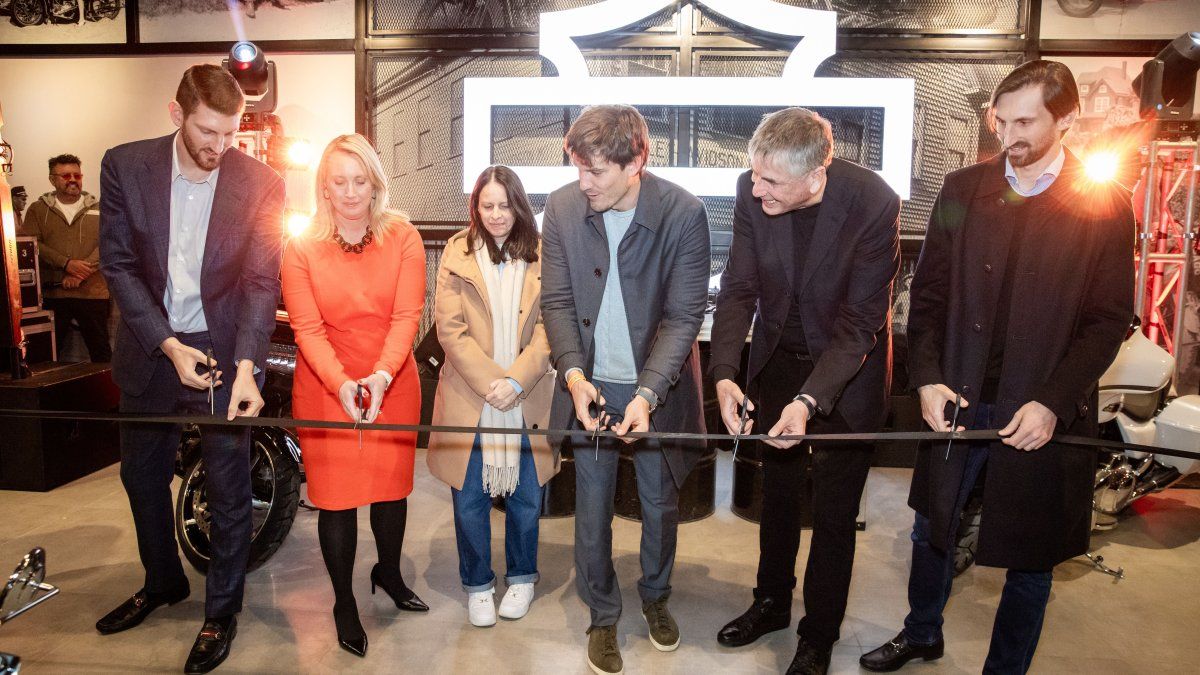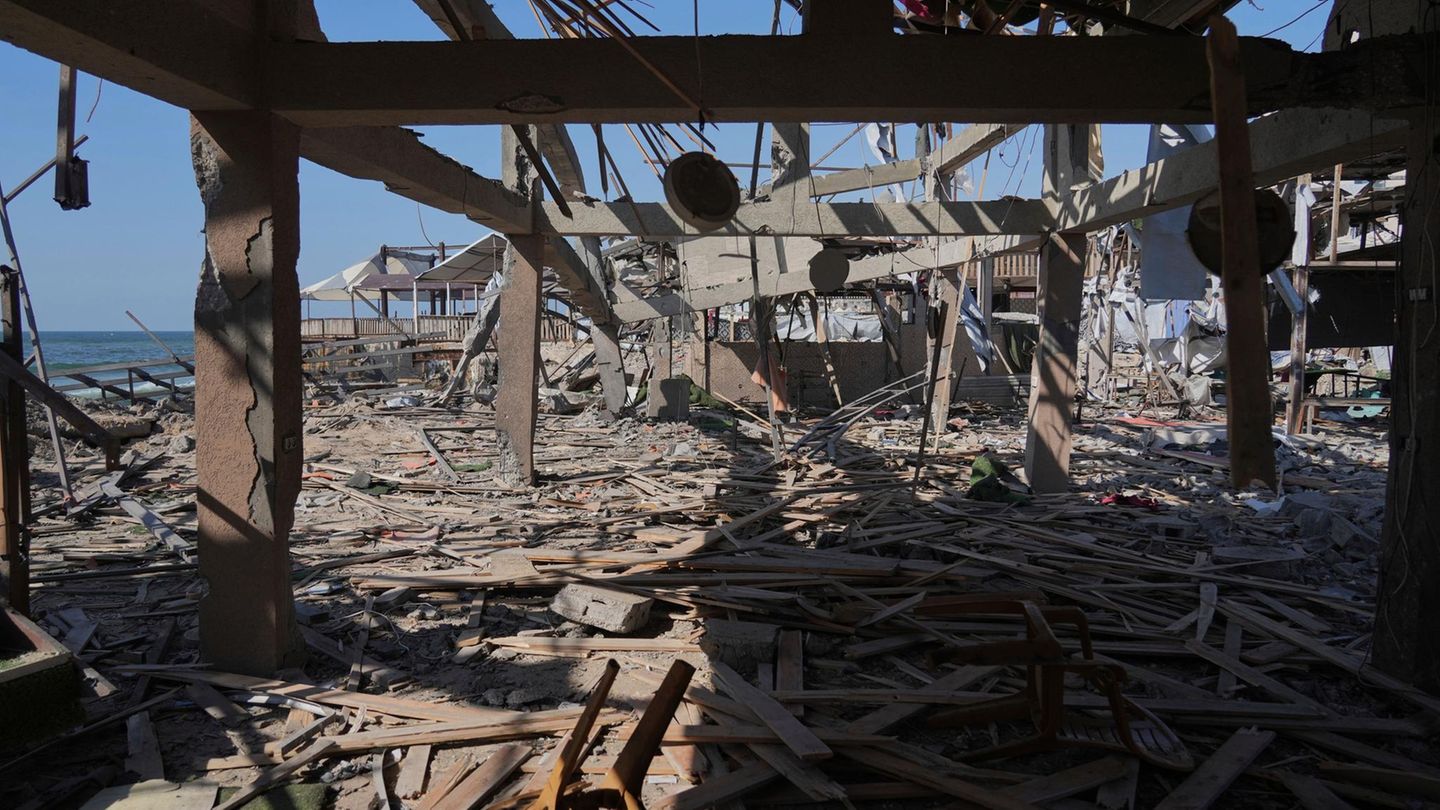Reaquila is an Argentine startupfounded in 2020 in Bahía Blanca, which is dedicated to offer solutions for the management of urban solid waste (RSU) in the country and abroad. This year it reached a valuation of US$6 million and set foot in Europe.
And its plans for 2025 are ambitious: reach an annual turnover of US$1.5 million and complete a new round of investment that provides you with resources to scale your operation globally.
Due to its profile, the firm falls into the vertical climatetech (It is also often referred to as greentech), that is to say technology-based companies that contribute to the preservation of the environment and the circular economy cycle.
Reaquila currently has a growth rate of 400% annuallysince its beginnings as a platform that encouraged citizens to separate waste at source.
As his project progressed, he identified the extreme inefficiencies of the packaging recovery value chaincharacterized by the disarticulation between producers, retailers, cooperatives, consumers and the State.
In response, it developed an innovative technology that traces the entire packaging recovery chainfrom the moment the consumer disposes of them until their final recycling.
Reaquila’s growth was sustained by different investment rounds clue. In 2021, it received its first investment of US$52,000 from CITES, the Sancor Seguros Group accelerator.
Later, in 2023, the Family Office of the Román Family contributed US$150,000 in a new round. Thanks to this support, the startup managed to achieve a monthly recurring revenue (MRR) of more than $45,000 during 2024.
Now, Reaquila is preparing to raise a new round of investment in 2025with the objective of achieving an annual turnover of US$1.5 million and scale your operations globally.
Reaquila_founders.jpg
Martín Parra (in black t-shirt), CEO and co-founder of Reaquila along with his partners.
What are the costs of inefficiency in urban waste management in Argentina
In Argentina, the management of Urban Solid Waste generates costs of the order of US$3,000 million annuallyrepresenting up to 20% of municipal budgets. This inefficient system transfers 100% of the costs to the citizenwhile 35% of waste ends up in open dumps.
Furthermore, the startup identified a unique problem in the country: more than 72% of towns, both small and large, They have open dumps, which do not have any type of control or sanitation.
Currently in the world there are generated more than 2,000 million tons per year of wasteof which 30% are plastic and the majority ends up directly in oceans and seas.
In 2024 the company expanded its operations to Europe, collaborating with giants such as Mercadona, Coca-Cola Europacific, Familia Martínez and Clear PET, the largest recycling company on the continent.
In addition, it established links with Ecoembes, the main SCRAP (Collective System of Extended Producer Responsibility) in Spain. These alliances not only consolidate Reaquila’s international presence, but also open the door to global scalability of the system.
How environmental practices combine with the circular economy
Reaquila operations promote the transition towards circular economy models that integrate economic efficiency with social and environmental impact.
“At Reaquila we propose a disruptive model that internalizes responsibilities within the value chains of the private sector, promoting free market dynamics and improving recovery rates,” explains Martín Parra, CEO of climatech.
“Our approach does not seek to impose an environmental agenda, but rather to demonstrate that An efficient circular economy model can generate positive economic, social and environmental impacts”, he adds.
Reaquila started as a marketplace that united the large waste generators with the industries that require manufacturing new products, but in this case, instead of using virgin materials, they use recyclable raw materials, generating a circular economy.
The platform focuses on smart consumption and recovery of post-consumer packaging. The user can learn how to recycle from home through their cell phone.
For companies, it offers a Corporate Social Responsibility (CSR) program so that they can educate their work team to care for the planet.
The company, in addition to having clean points called “Reaquila Stations”has eco-bikes that run on an electric motor that does not emit greenhouse gas emissions, transforming the firm into a central player in education and in the recovery of post-consumer packaging.
Source: Ambito
I’m a recent graduate of the University of Missouri with a degree in journalism. I started working as a news reporter for 24 Hours World about two years ago, and I’ve been writing articles ever since. My main focus is automotive news, but I’ve also written about politics, lifestyle, and entertainment.




